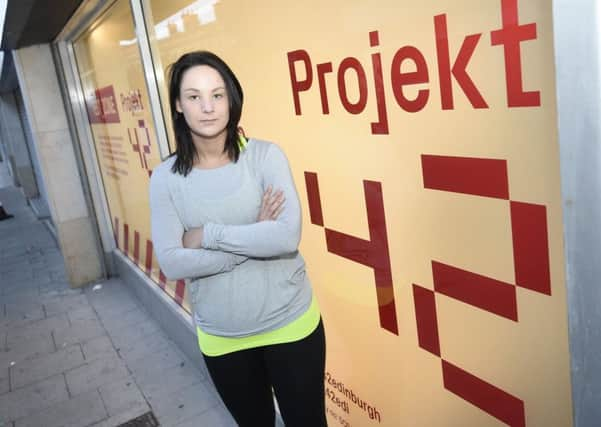Duncan Thorp: Enterprising approach to health and social care transforms lives


A total of 755 social enterprises work specifically in health and social care – that’s 13 per cent of all social enterprises and a 21 per cent increase since 2015. Health and social care contributes a big 28.4 per cent of income to our social enterprise community. Even for those enterprises not directly working within health and social care, it’s clear that many support beneficiaries with additional needs and within the broader wellbeing agenda.
Social Enterprise Scotland and Health and Social Care Alliance Scotland recently launched a brochure called A Healthy Enterprise - Bringing Health and Trading Together for Social Impact and the Wellbeing of Scotland, that highlights the innovation of these health enterprises. Social enterprises are involved in a broad range of work that makes a difference to people’s health and wellbeing.
Advertisement
Hide AdAdvertisement
Hide AdWith ageing populations, stretched public sector budgets and increased research and understanding, health and social care social enterprises are developing new, creative ways of working. The new booklet has a wide range of practical case studies of social enterprises transforming lives across Scotland. Whether it’s community health, equality and inclusion, the elderly or technology, there are social enterprise working in local communities everywhere.
Ian Welsh of the Health and Social Care Alliance Scotland said: “Expenditure on health and social care remains a key priority. The growing pressure on the system, however, requires ever more innovative approaches to help change design, delivery and evaluation of services.
“In the past few years we’ve seen a number of groundbreaking and entrepreneurial approaches from a growing, health-based social enterprise sector.
“We look ahead to see how social enterprise can play its role in shifting the balance of health and social care spending to provide better outcomes for the people of Scotland.”
There are lots of great examples in many communities. For example, Ideas for Ears is a fresh-thinking social enterprise run by people with hearing loss. It’s the lead voice on the emerging concept of ‘hearing access’, a vital component of communication accessibility.
Giraffe Healthcare is a spin out from Glasgow Caledonian University. It provides online physiotherapy and provides a web-based platform for the delivery and remote monitoring of personalised physio programmes, while Street Soccer Scotland offers football-inspired training and personal development to empower people affected by social exclusion and to make positive changes in their lives.
With a similar physical activity theme, Projekt 42 is a not-for-profit gym and wellness centre that focuses on strengthening the connection between mental health and physical fitness. While the gym, counselling and life coaching sessions are paid for like any other facility, sessions are structured to enable those on lower incomes to join.
Social Enterprise of the Year 2019, Community Food Initiatives North East (CFINE), supports disadvantaged, vulnerable, low income individuals, families and communities in north-east Scotland. It’s also establishing the FareShare programme across the Highlands and Islands. CFINE provides a range of support and services, taking a ‘person-centred approach’ with thousands of beneficiaries.
Advertisement
Hide AdAdvertisement
Hide AdHealth, social care and wellbeing groups form a significant part of Scotland’s social enterprise movement. Their diversity and innovation is certainly their strength. We should celebrate their contribution to our communities and economy – and we’ll work to ensure that the next census reports on an even bigger and thriving group of health social enterprises.
Duncan Thorp, Social Enterprise Scotland.